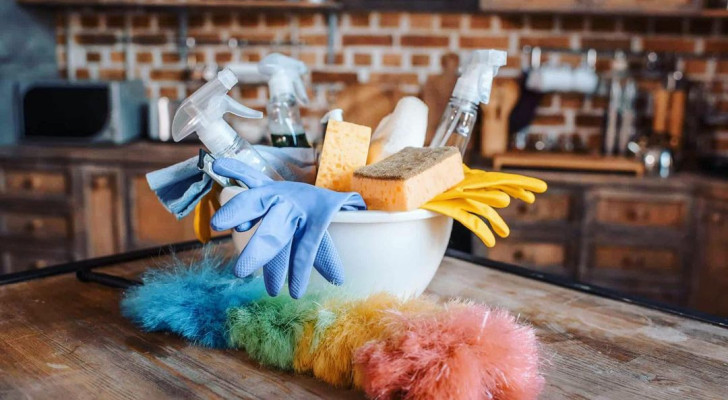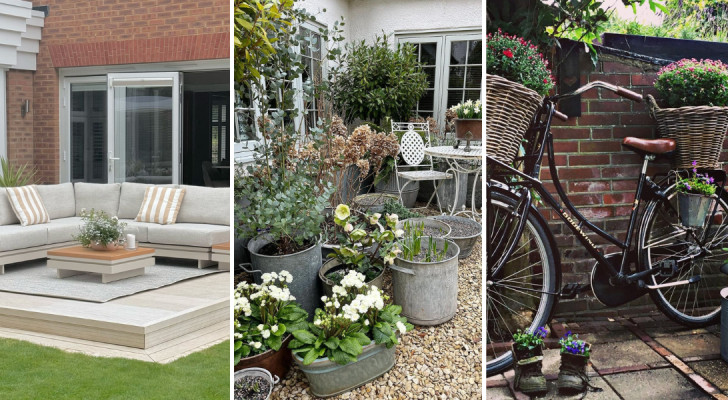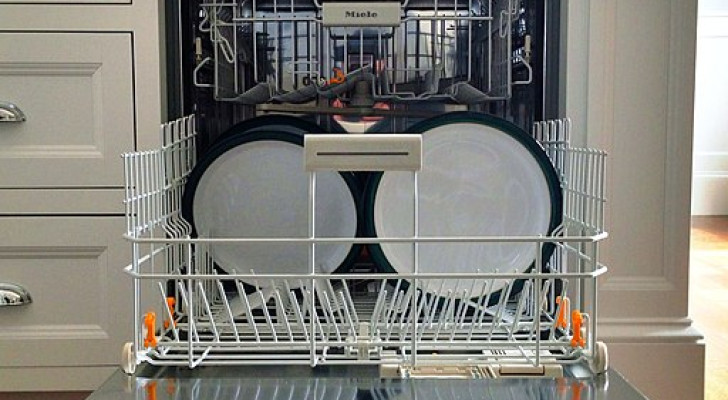Adding baking soda to compost: beneficial or a potential danger?
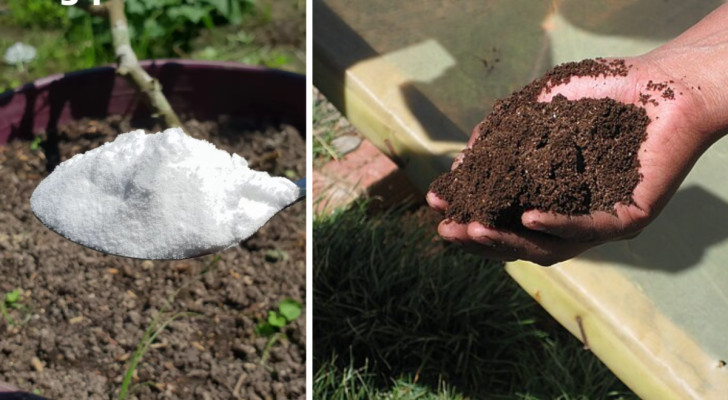
Many of us these days produce our own compost at home to use for our garden plants. And any advice on how to improve the quality of compost is most welcome.
One tip often seen is to add baking soda to the compost to improve its quality. But will adding baking soda really be effective at doing this? Well, keep reading to find out:
Baking soda to neutralize odors emanating from the compost
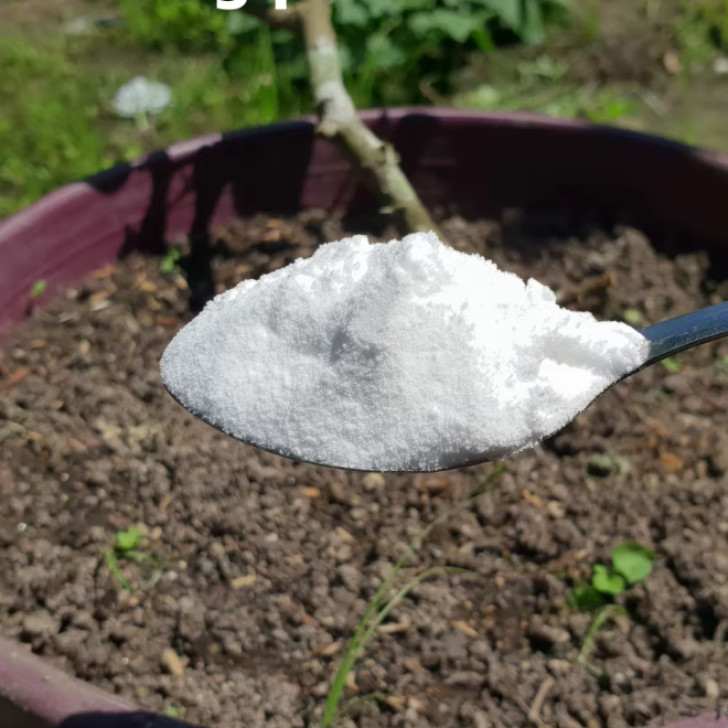
Tanomkinotuan Gardening/YouTube
The main reason why adding baking soda to compost is recommended, is its ability to neutralize unpleasant odors (just as it is often used at home to neutralize unpleasant odors from refrigerators, wardrobes, closets and shoe racks). But, using too much could completely alter the balance of the compost, killing off beneficial microorganisms as well as those responsible for the bad smells.
In this case, the best solution is to analyze your compost to understand where the unpleasant smell is coming from and resolve it this problem appropriately:
- An ammonia smell, for example, could mean there is an excess of green material over-rich in nitrogen. This can be dealt with by leaving the composter open to allow excess humidity to evaporate and adding in brown materials (ie. those rich in carbon such as dry leaves, shredded newspapers or cardboard);
- A sulfurous smell - similar to rotten eggs - could mean that non-desirable waste (such as meat, fish, fat or dairy products) have been added to the compost. Alternatively, it could be a sign of poor oxygenation - a problem that can be solved by carefully turning the compost to improving the passage of oxygen and by adding brown material.
Counteract acidic compost
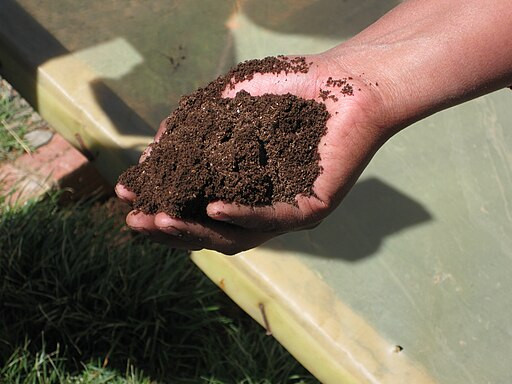
SuSanA Secretariat/Wikimedia Commons
During the decomposition process, the pH of the compost gradually becomes neutral, reaching a pH of 6-8. If this does not happen and the compost is still acidic in the final phases of decomposition, decomposition can be hindered, affecting the quality of the compost. In this case, we recommend using baking soda to counteract the acidity and bring the pH back to optimal levels.
Again, don't use too much baking soda and measure the pH of your compost before using on your plants.
Fighting off flies
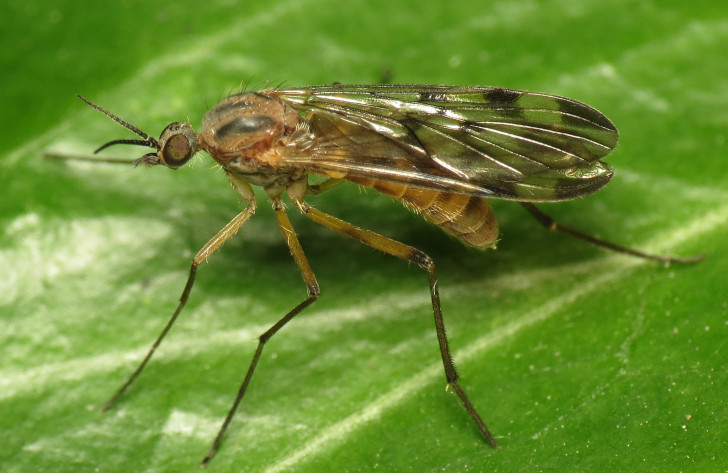
Martin Cooper/Wikimedia Commons
Another good reason to add baking soda to compost is to repel flies. These insects are attracted by the smell produced by the humidity and by the fungi that develop in the compost. Given this, flies can be kept at bay by carefully mixing/turning the compost to improve its oxygenation and reduce humidity levels (or you can heat up the compost to naturally repel flies).
Reviewing the foregoing, it is clear that using baking soda is not necessarily key to producing quality compost. Furthermore, the disadvantages of using baking soda can be significant: an excessive amount could end up killing off beneficial bacteria, reducing the quality of your compost.
Are you really sure you want to add baking soda to your compost?
